In an era where smart home devices are becoming increasingly ubiquitous, the potential for privacy invasions is a growing concern. Recent revelations suggest that your Roomba, a popular robotic vacuum, might be doing more than just cleaning your floors—it could be recording you. Let’s delve into the evidence and implications of such a possibility.
The Technology Behind Roomba
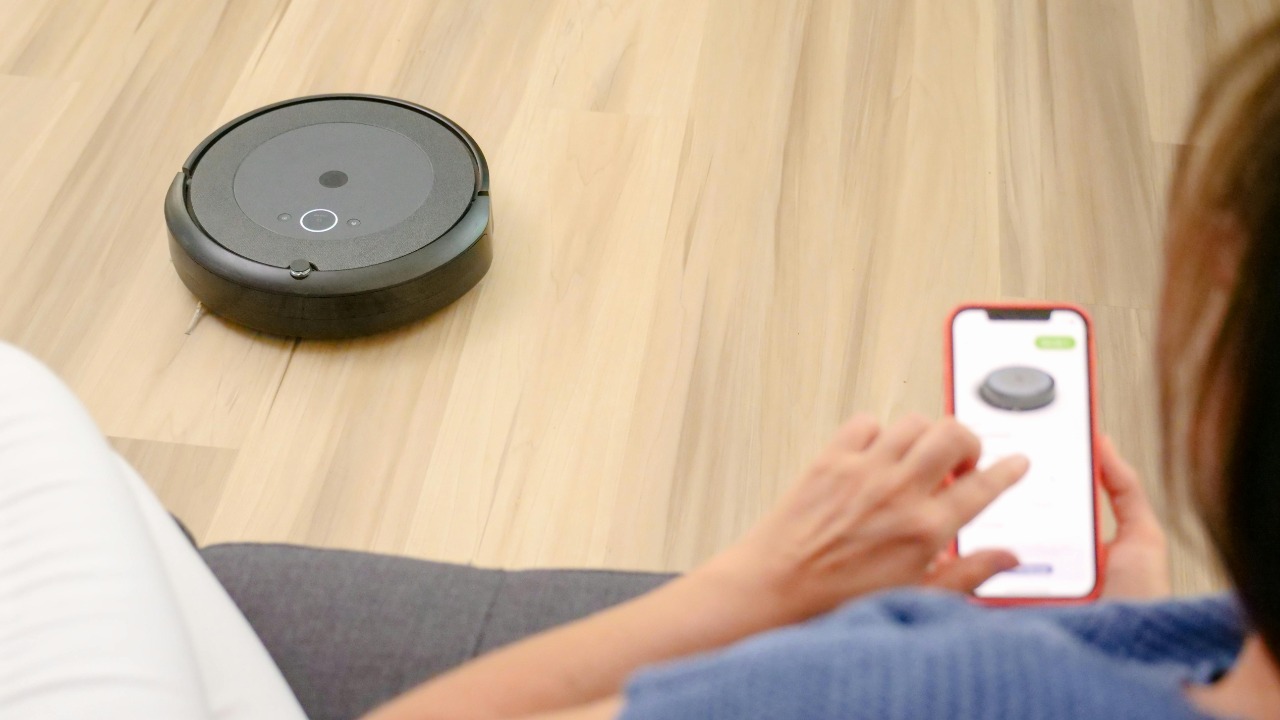
Roombas are outfitted with a variety of advanced sensors and cameras that are essential for navigation and mapping your home. These sensors help the device avoid obstacles and clean efficiently, but they also have the capability to capture images and data that extend beyond simple floor plans. The inclusion of cameras raises questions about the potential for these devices to record sensitive information inadvertently.
When it comes to data collection and storage, Roombas collect a plethora of information, including the layout of your home, the frequency of use, and even the specific paths taken during cleaning. While this data is primarily used to improve cleaning efficiency and support product development, it poses a risk if accessed by unauthorized parties. Ensuring that this information is securely stored and managed is crucial for maintaining consumer trust.
Privacy Concerns and Evidence
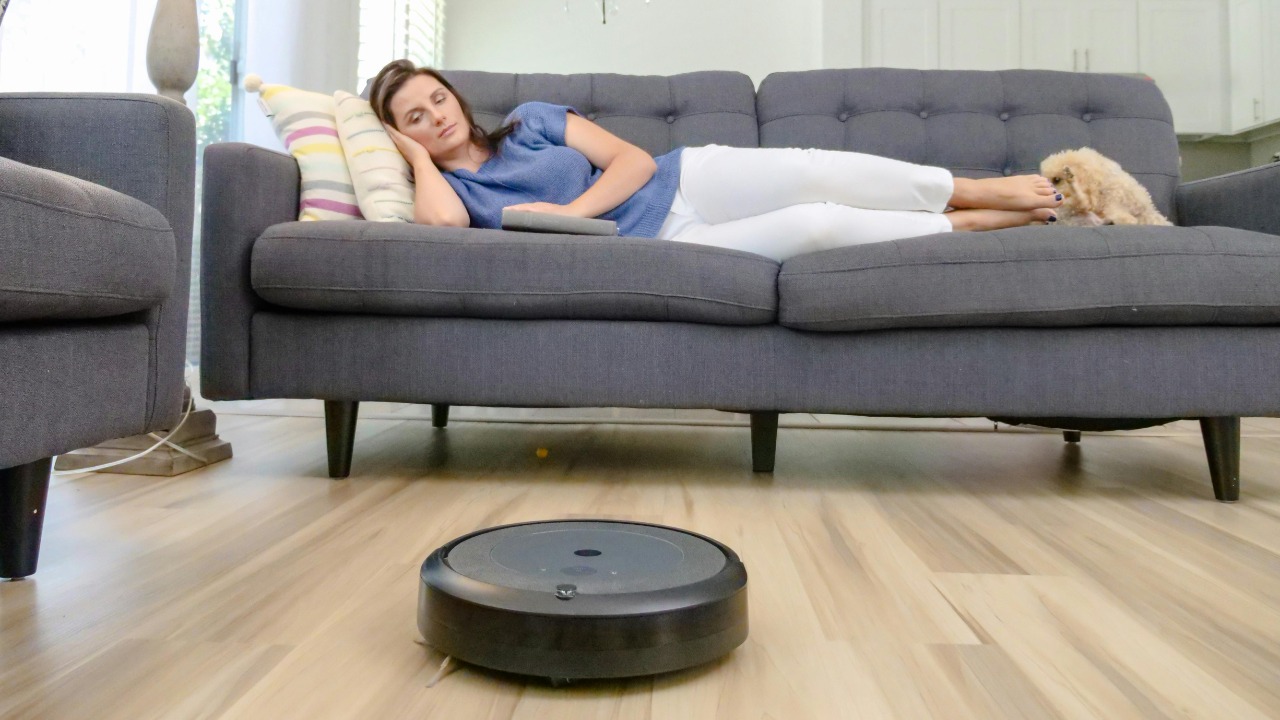
Several incidents have raised alarms about unauthorized recording via Roomba devices. A notable case involves a Roomba recording a woman in a compromising situation, which was later shared on Reddit. This incident highlights the potential for these devices to capture more than just dirt, inadvertently violating personal privacy.
The potential for data misuse is significant. The data collected by Roombas can be accessed or intercepted by parties with malicious intent, leading to concerns about privacy breaches. In a world where tracking and surveillance are prevalent, the need for robust security measures to protect consumer data is more pressing than ever.
Legal and Ethical Implications
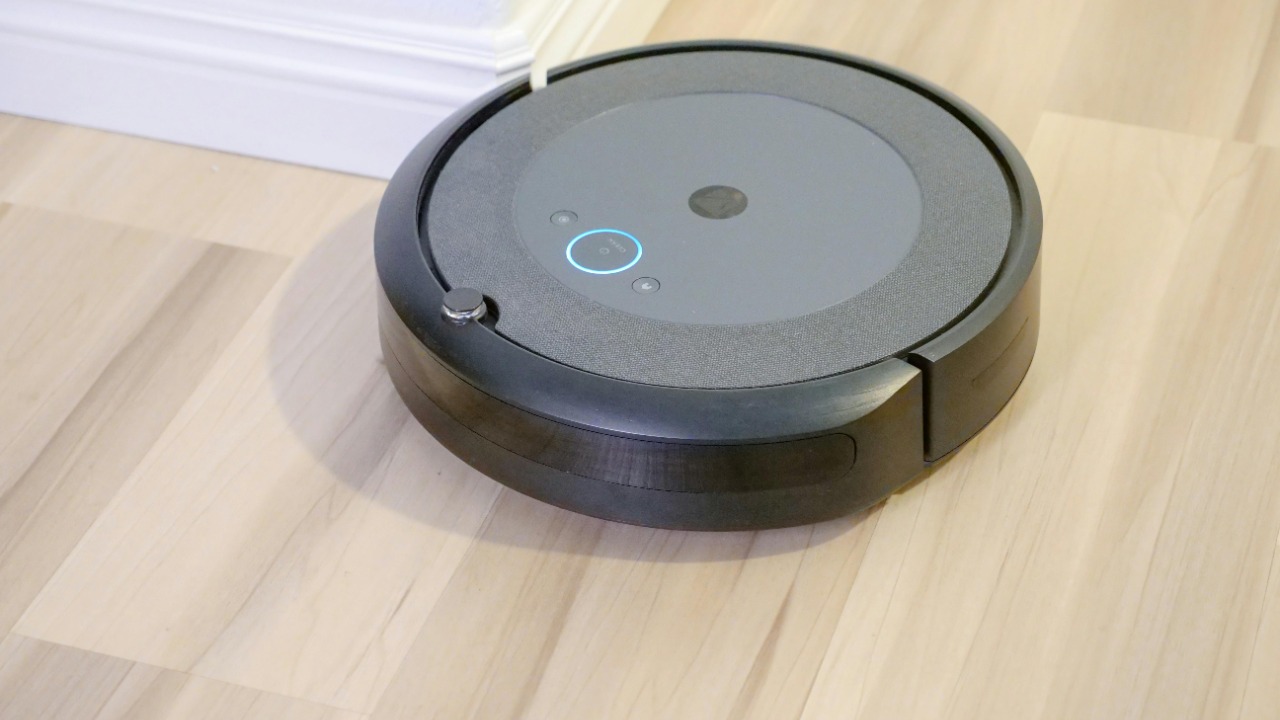
The legal landscape surrounding smart home devices continues to evolve. Current privacy laws may not fully address the complexities of recording capabilities in these products. While some regulations exist to protect consumer privacy, they may not be comprehensive enough to cover the nuances introduced by advanced technologies like those found in Roombas.
Manufacturers of smart home devices also face ethical considerations. They have a responsibility to ensure transparency in data collection practices and secure informed consent from users. This includes clear communication about what data is collected, how it is used, and who has access to it. Ethical manufacturing practices can help build consumer trust and mitigate potential privacy concerns.
Consumer Awareness and Protective Measures
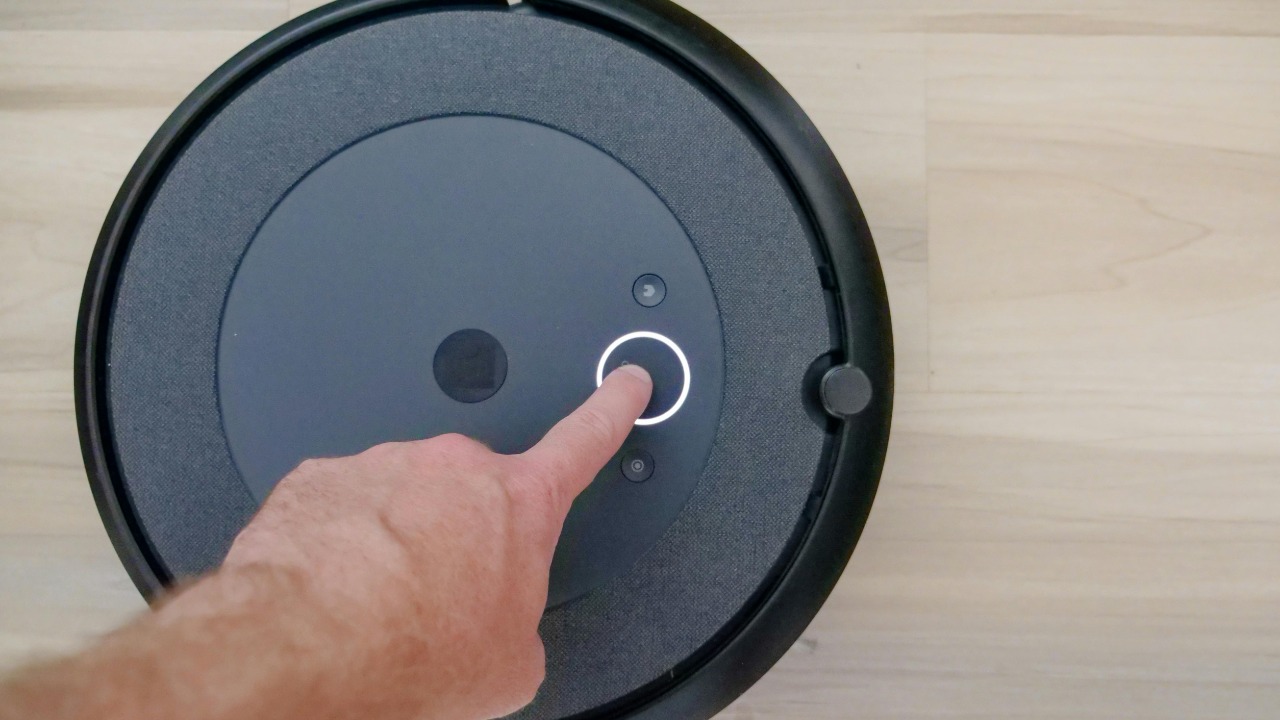
For consumers looking to safeguard their privacy, several practical steps can be taken. Adjusting device settings to limit data collection, regularly updating software, and thoroughly reviewing user agreements can enhance privacy protection. Consumers should also be cautious about where and how they use their Roombas, especially in areas where privacy is a concern.
Raising awareness about the potential risks associated with smart home devices is crucial. As these technologies become more integrated into daily life, educating consumers about how to protect their privacy is essential. By understanding the capabilities and limitations of their devices, users can make informed decisions about their use.
Future of Smart Home Devices
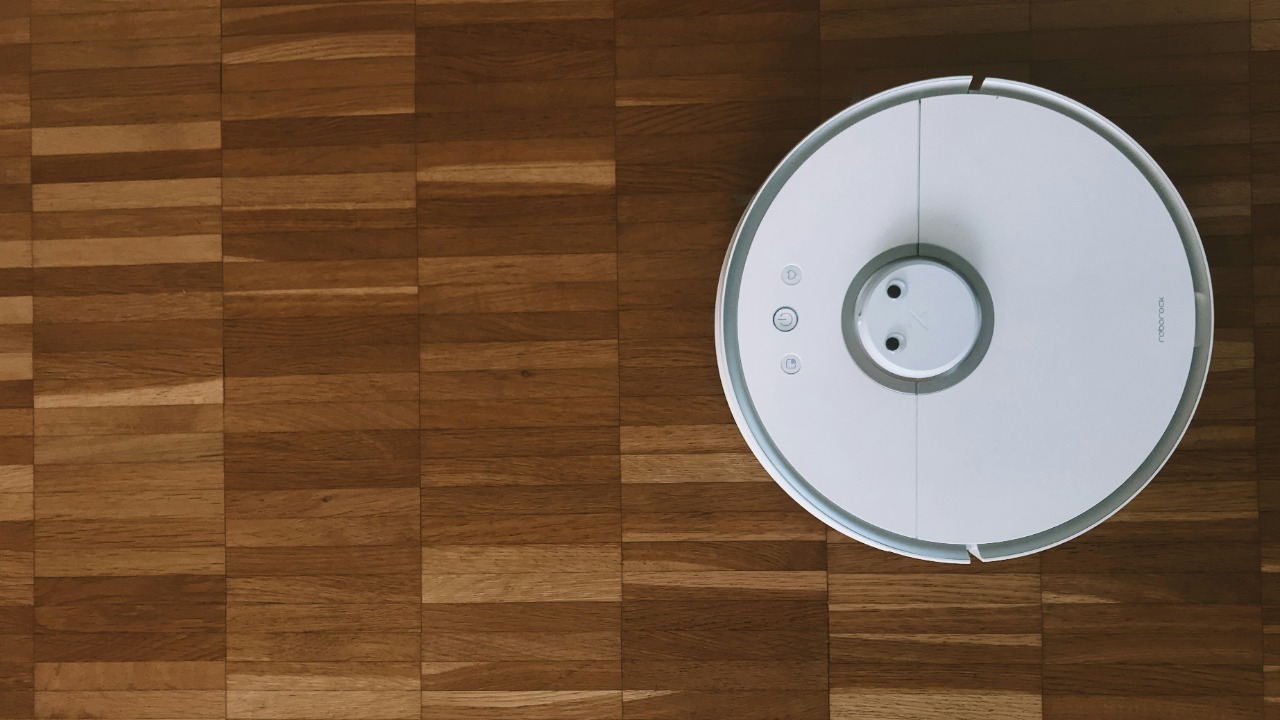
The landscape of smart home technology is rapidly evolving, with new advancements continually being introduced. As home robotics become more sophisticated, the implications for privacy will likely expand. Companies must stay ahead of these trends by developing technologies that offer both convenience and robust privacy protections.
Balancing the convenience of smart home devices with the need for privacy is an ongoing challenge. As consumers, being vigilant about the potential risks and demanding greater transparency from manufacturers can help ensure that the benefits of these technologies are not overshadowed by privacy concerns. The future of smart home devices depends on finding this balance, allowing for innovation without compromising personal privacy.